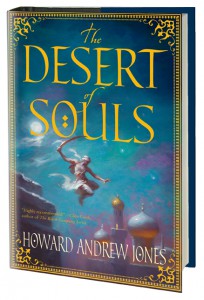Art of the Genre: Against the Giants
Ryan Harvey is at it again in the Black Gate L.A. offices, his collection of vintage zoot suits making the reception area look like a rainbow of color from the 30s. Having no desire to see him try on another while our two receptionists cheer him on, I decided to take my recently received VIP passes to the premiere of Sucker Punch at Mann’s Chinese Theatre [BG membership has its privileges] and exited to the observation deck. 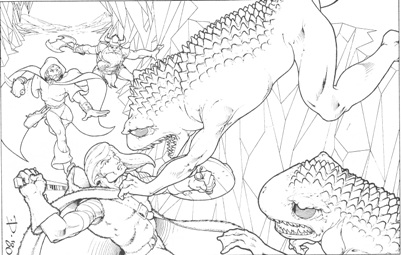
L.A. is a funny place, bright, beautiful, and hiding a pasty underbelly that’s only seen if you know where to look. It’s nothing like Indiana, my place of birth, where poverty isn’t hidden behind a veil of Botox and palm trees.
I’d just returned from the Hoosier state, my little town surrounded by corn fields and meth labs, but no matter what, it’s there I can truly feel comfortable. Seated in the house where I was raised on the banks of the Tippecanoe, I found myself surrounded by friends I’ve had for thirty-five years, and the reason we’re still friends is and will always be role-playing.
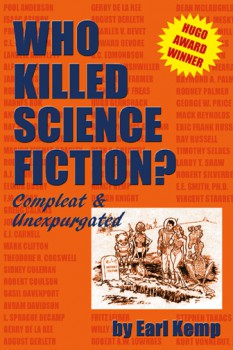

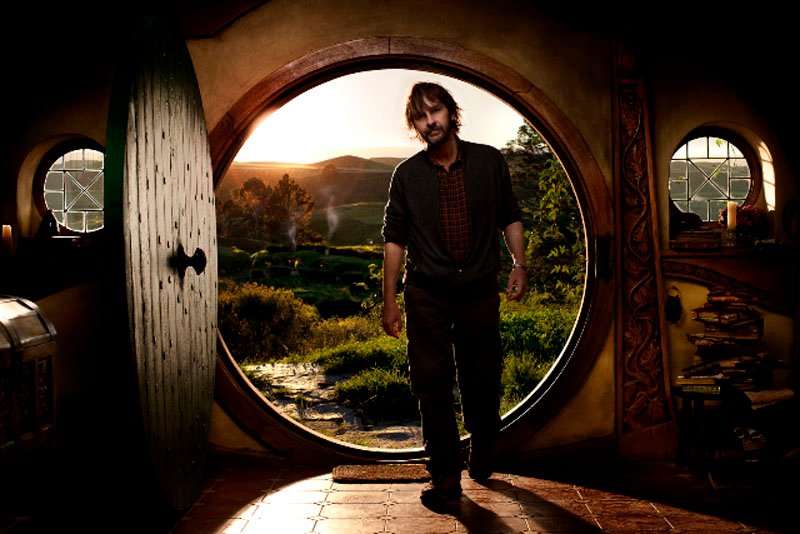 Only a short post today, following up on
Only a short post today, following up on 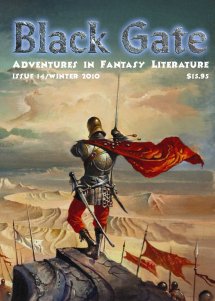 Terry Weyna at the Fantasy Literature blog has posted a detailed and embarrassingly complimentary review of our latest issue:
Terry Weyna at the Fantasy Literature blog has posted a detailed and embarrassingly complimentary review of our latest issue: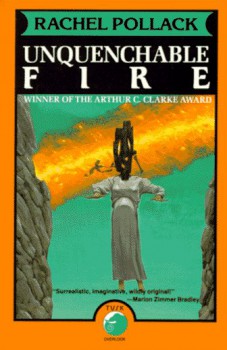 Unquenchable Fire, by Rachel Pollack
Unquenchable Fire, by Rachel Pollack It’s a great week for lovers of fantasy fiction!
It’s a great week for lovers of fantasy fiction!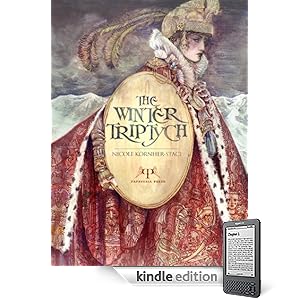

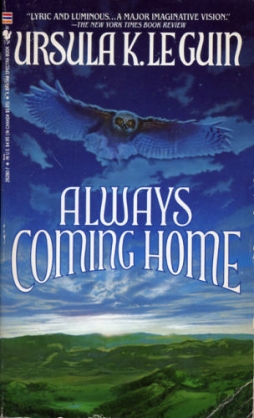 These past two weeks I’ve found myself writing here about science fiction, or speculative fiction, as the literature of ideas. It seems to me that ‘the literature of ideas’ implies something other than what we normally find in sf; I feel that it suggests writing that uses ideas to establish the structure of a work, instead of relying on traditional narrative. I’ve found a couple of early examples in Olaf Stapledon’s Star Maker and Jack London’s The Iron Heel. As a way to wrap up the discussion, I thought this week I’d look at a more recent example of what I mean by the literature of ideas: Ursula Le Guin’s Always Coming Home.
These past two weeks I’ve found myself writing here about science fiction, or speculative fiction, as the literature of ideas. It seems to me that ‘the literature of ideas’ implies something other than what we normally find in sf; I feel that it suggests writing that uses ideas to establish the structure of a work, instead of relying on traditional narrative. I’ve found a couple of early examples in Olaf Stapledon’s Star Maker and Jack London’s The Iron Heel. As a way to wrap up the discussion, I thought this week I’d look at a more recent example of what I mean by the literature of ideas: Ursula Le Guin’s Always Coming Home.